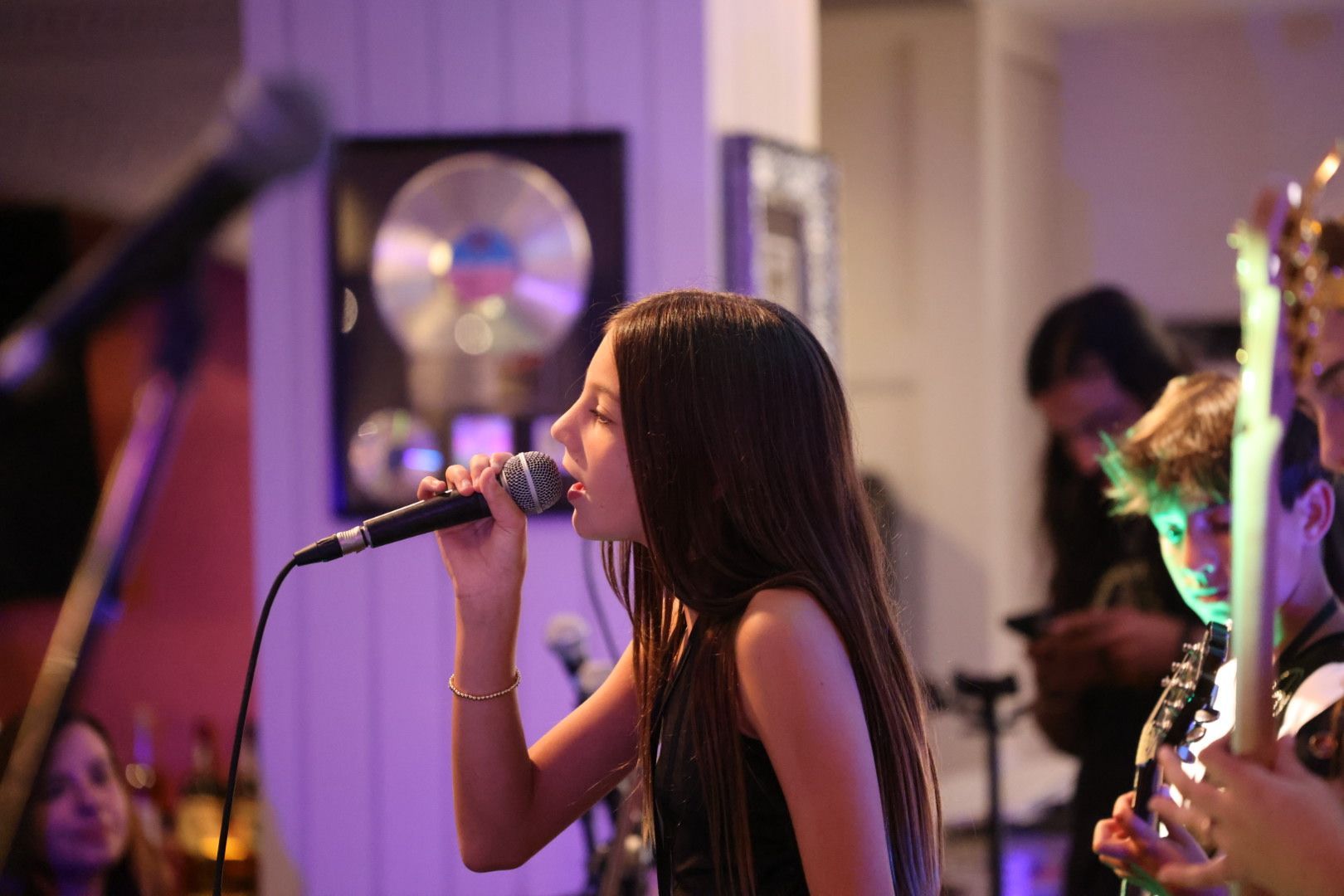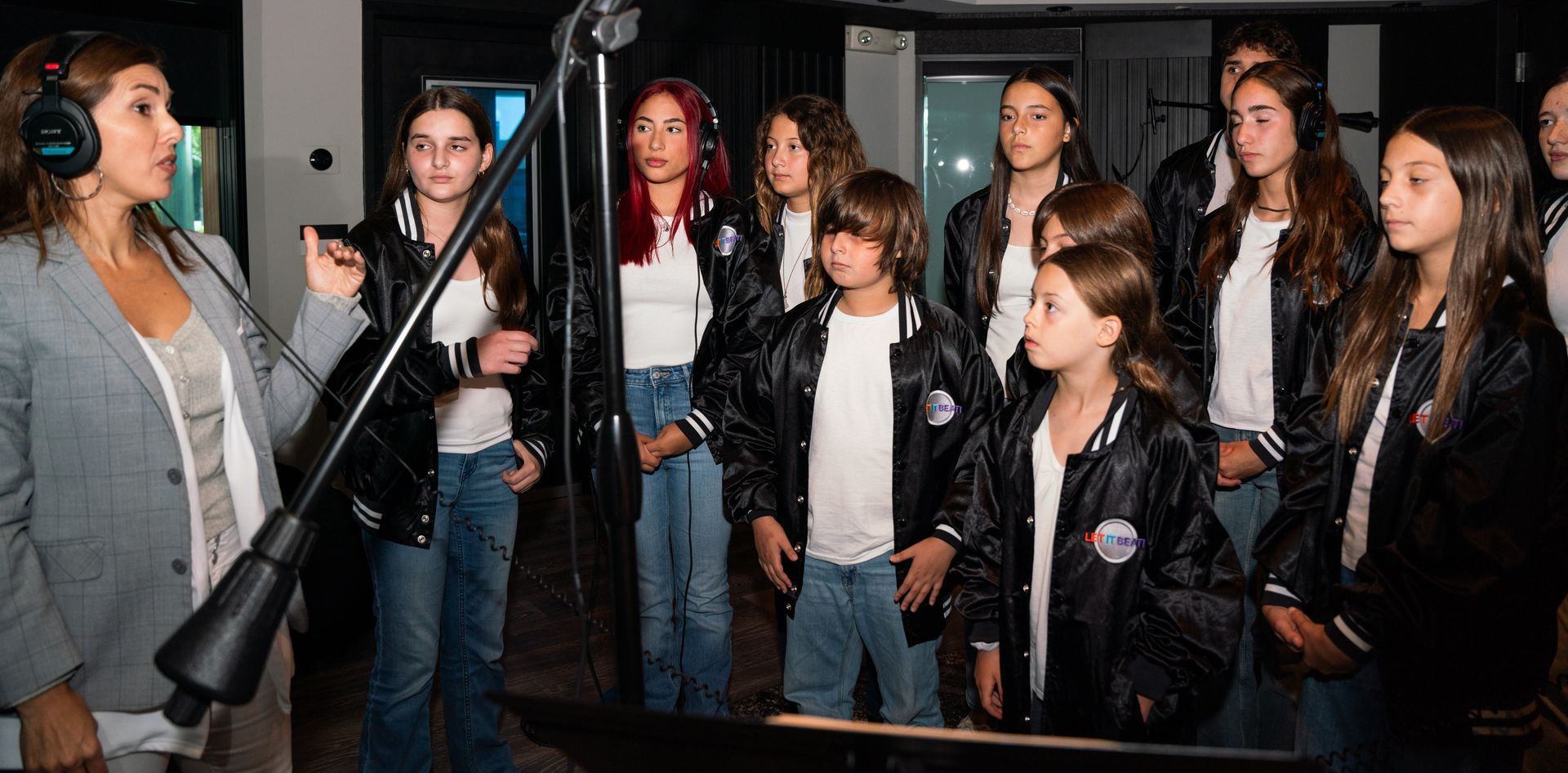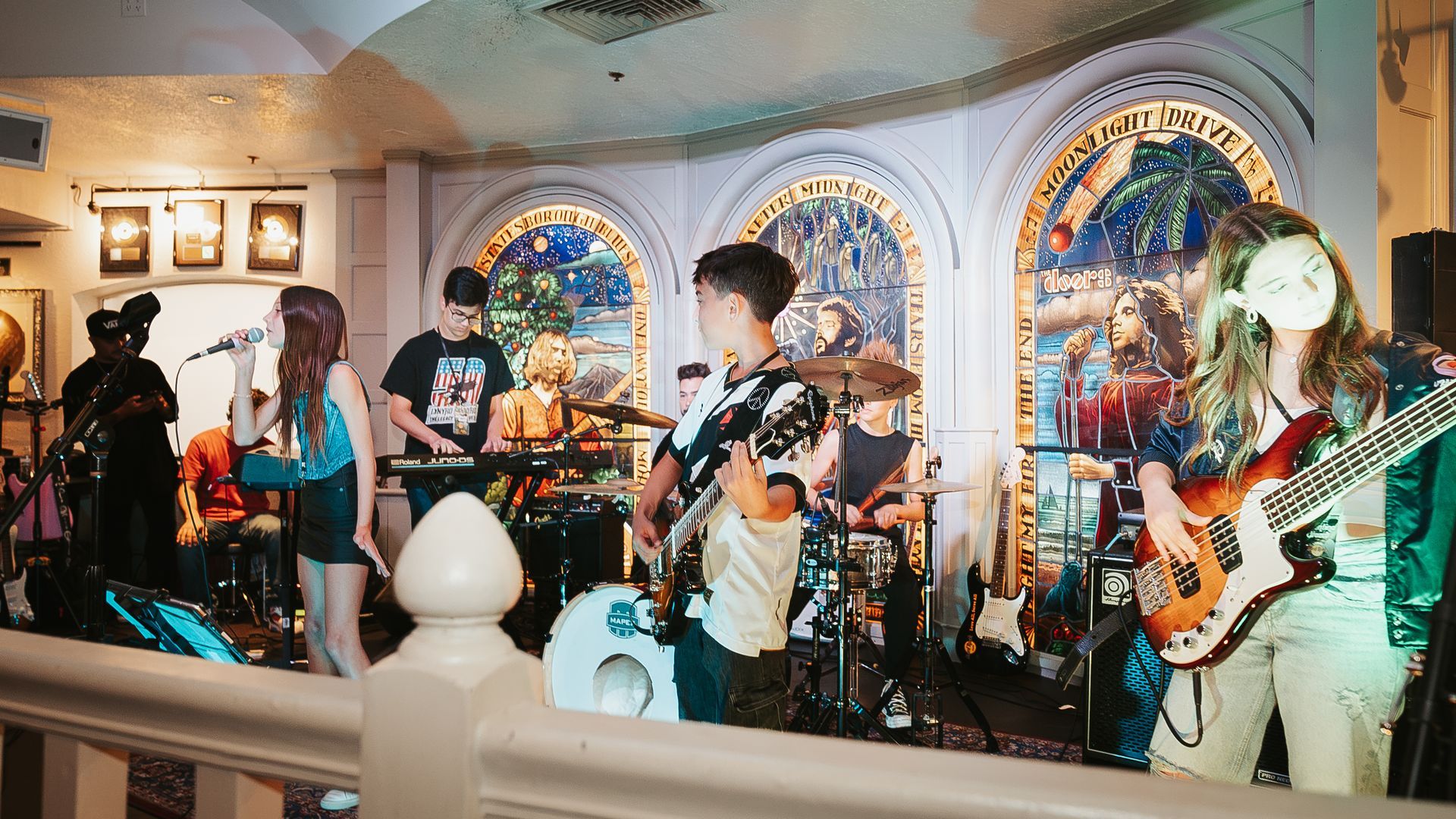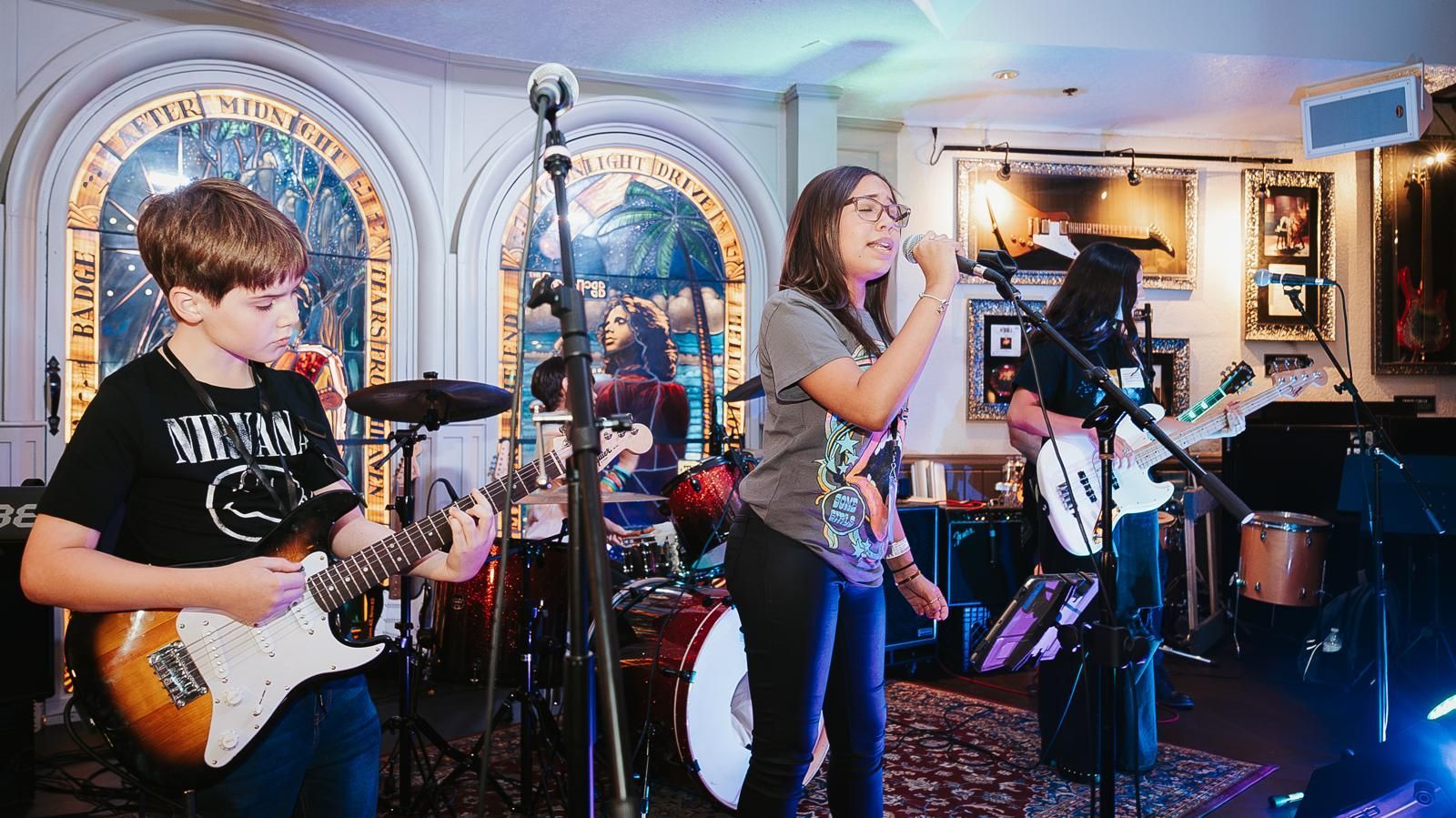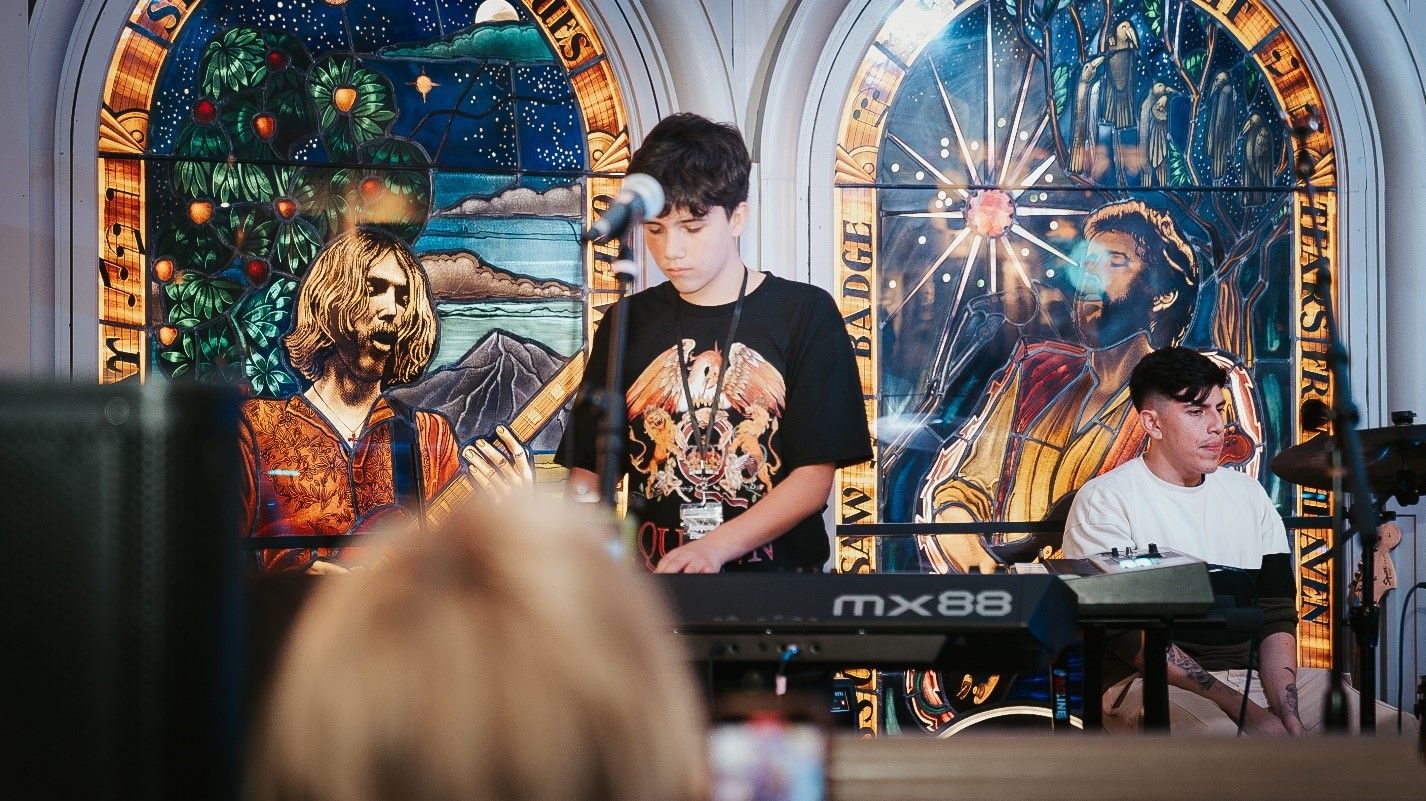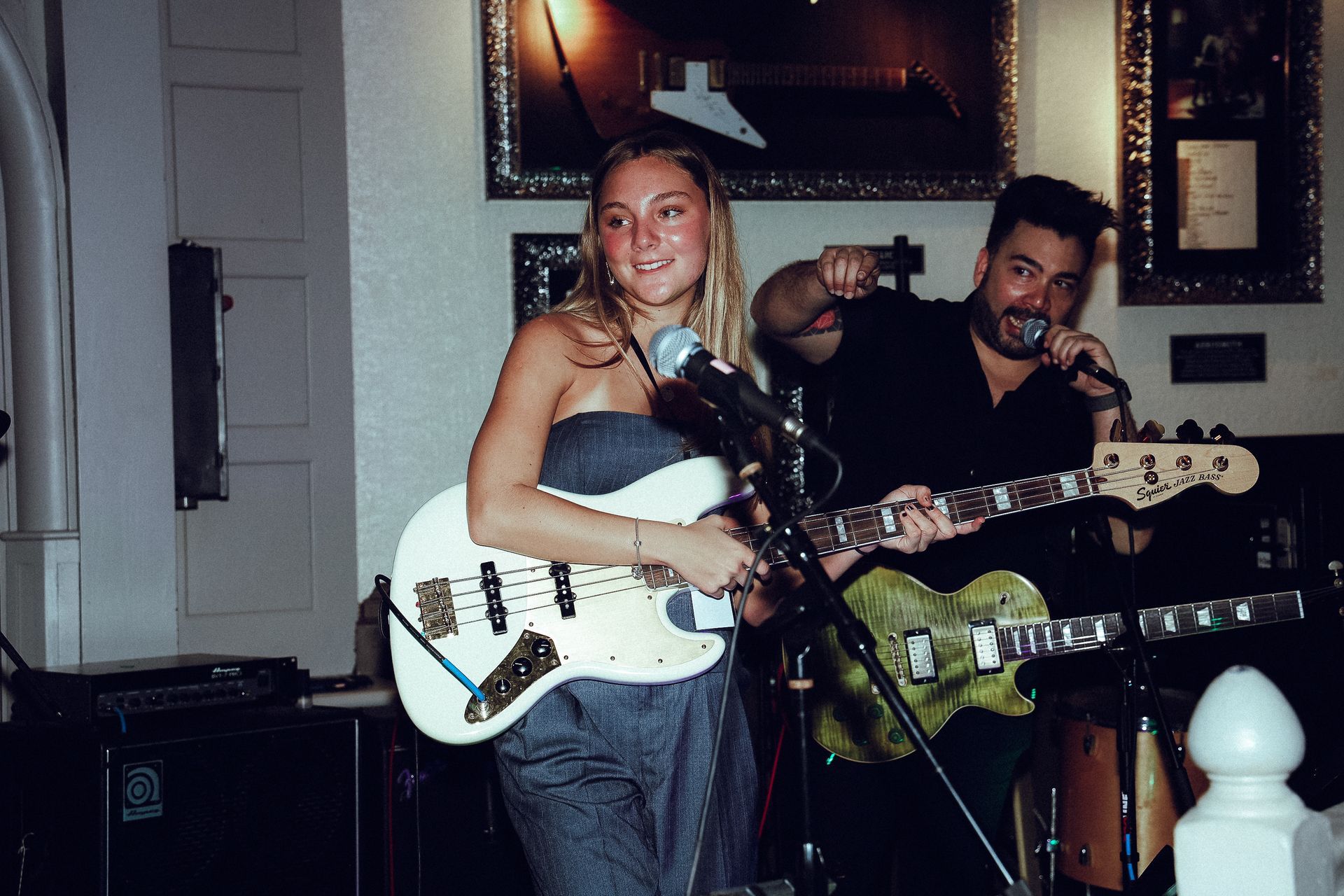How to Build a Songwriting Routine with Consistent Creativity
Songwriting is often seen as a flash of inspiration—a sudden burst of creative energy that transforms emotions into melodies and lyrics. However, while inspiration can strike unexpectedly, consistently writing great songs requires more than waiting for the muse to appear. It’s about building a solid routine that nurtures creativity, hones your craft, and allows you to explore new ideas regularly.
If you’ve been struggling with maintaining a steady flow of creativity, this blog will guide you on how to build a songwriting routine that promotes consistent creativity. We’ll also discuss the importance of voice lessons and music lessons in refining your skills, so you can express your musical ideas more effectively.
Why You Need a Songwriting Routine
Consistency Builds Mastery
Creativity is a muscle that strengthens with regular use. If you wait for inspiration to strike, you might find that it doesn’t come as often as you’d like. A songwriting routine provides the structure needed to consistently practice your craft, enabling you to turn raw ideas into polished songs.
Overcoming Creative Blocks
A structured routine helps you push through creative blocks. By dedicating time to songwriting daily or weekly, you train your brain to generate ideas, even on days when you might not feel particularly inspired. This discipline is crucial for long-term success.
Expanding Your Musical Vocabulary
Consistently practicing songwriting allows you to experiment with new chords, melodies, and lyrical themes. Whether you’re taking guitar lessons to improve your technique or voice lessons to broaden your vocal range, integrating these skills into your routine can significantly expand your creative toolkit.
Step-by-Step Guide to Building a Songwriting Routine
1. Set a Schedule
The first step to building a successful songwriting routine is to set aside dedicated time for it. Treat songwriting as you would any other important task by adding it to your calendar. Whether it’s 30 minutes a day or a few hours a week, the key is consistency.
Tips for Scheduling:
- Start small: If you're new to routines, begin with 15-30 minutes of writing daily. As you get more comfortable, increase the time.
- Be specific: Set a particular time for your sessions. For instance, "Monday, Wednesday, and Friday at 10 AM" helps you develop a habit.
- Find your peak hours: Some people are more creative in the morning, while others thrive at night. Identify when you’re most energized and schedule your songwriting during that time.
2. Create a Creative Space
Your environment plays a significant role in your ability to focus and be creative. Set up a designated space where you feel comfortable and inspired to write.
Elements of a Creative Space:
- Minimal distractions: Find a quiet place where you can concentrate fully.
- Instruments ready: Have your guitar or keyboard nearby, along with a notebook and pen, so you can easily record ideas.
- Ambience: Add elements like mood lighting, inspiring artwork, or a comfortable chair to make the space feel personal and motivating.
3. Warm Up with Musical Exercises
Before diving into the actual songwriting process, warming up is essential to get your creative juices flowing.
Guitar Warm-Ups:
- Finger exercises: Start with basic scales or chord transitions to loosen up your hands.
- Chord progressions: Experiment with different chord combinations. Try to play them in various keys or tempos to discover new sounds.
Vocal Warm-Ups:
- Breathing exercises: Good breathing technique enhances vocal control. Begin with simple deep-breathing exercises.
- Scales and arpeggios: Vocal scales help you maintain pitch accuracy and improve vocal flexibility. Your voice teacher can guide you on specific warm-up exercises tailored to your voice type.
These warm-ups serve as a way to clear your mind, focus on your instrument, and prepare yourself mentally for the songwriting session.
4. Use Prompts to Spark Ideas
Creativity often strikes when you're open to exploring new concepts or ideas. Songwriting prompts are a great tool for overcoming writer’s block and generating fresh material.
Prompt Ideas:
- Lyric starters: Pick a word or phrase and write lyrics based on it. For example, try to write a song around the phrase “lost in the moment” or “chasing the sun.”
- Emotion-based prompts: Write about a specific emotion, such as joy, sadness, or anger. Let that emotion guide both your lyrics and melody.
- Random chord progressions: Pick a random chord progression or create one that you’ve never used before. Allow the new combination to inspire your melody and lyrics.
Don’t worry about producing perfect results every time. The goal of using prompts is to encourage creativity and experimentation, not necessarily to finish a polished song in one session.
5. Set Songwriting Goals
Goals are essential for any routine because they provide direction and motivation. In songwriting, your goals might range from finishing a song in a week to learning a new chord progression or vocal technique.
Examples of Songwriting Goals:
- Write one song per week: Commit to completing at least one new song every week, even if it's just a rough draft.
- Collaborate with others: Consider working with other musicians to push your creative boundaries. Collaborations can be a great way to gain fresh perspectives on your work.
- Master a musical technique: Use your music lessons or voice lessons to focus on mastering a specific skill. For instance, you might aim to use a new chord progression in a song or experiment with singing in a different key.
Having clear, measurable goals ensures that your songwriting routine leads to progress, both in creativity and technical skill.
6. Record Everything
Whether it's a melody idea, lyric snippet, or full song draft, make sure to record everything. You don’t need a professional studio setup—just use your phone or a basic recording device to capture your ideas as they come.
Why Recording Matters:
- Track your progress: Listening back to old ideas can show you how much you’ve improved over time.
- Avoid losing ideas: It’s easy to forget a melody or lyric if you don’t record it immediately. By having a recording, you can revisit and refine your ideas later.
- Refinement and reflection: Sometimes a rough idea may not seem promising at first, but with time and some tweaking, it can become a great song.
7. Learn Continuously
Lastly, the key to staying creative is continuous learning. Regularly take music lessons or voice lessons to challenge yourself and develop new skills. Even if you’ve been playing for years, there’s always something new to learn.
Learning Through Practice:
- Voice lessons: Improve your vocal technique, range, and control by practicing with a teacher who can give you personalized feedback. This can help you sing your own songs with more confidence and emotional impact.
- Music Lessons: Working with a music teacher can expose you to new playing styles, genres, and advanced techniques, all of which can influence your songwriting style.
By constantly refining your skills, you expand the creative possibilities for your songs. The more tools you have in your musical toolkit, the more varied and interesting your songwriting will be.
Conclusion
Building a songwriting routine is about creating the right environment, setting aside time for practice, and constantly refining your skills. With a structured routine, you’ll be able to nurture your creativity, overcome writer’s block, and improve your craft. By incorporating warm-ups from voice lessons and guitar lessons, and using prompts and goals to keep you focused, you’ll be on your way to consistent, high-quality songwriting.
Remember, the key to long-term success as a songwriter is not waiting for inspiration but showing up for your craft every day. Happy writing!



